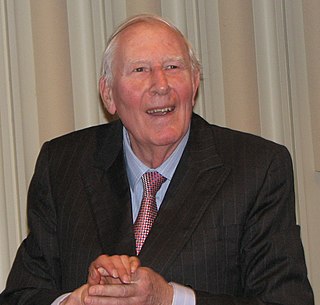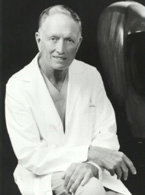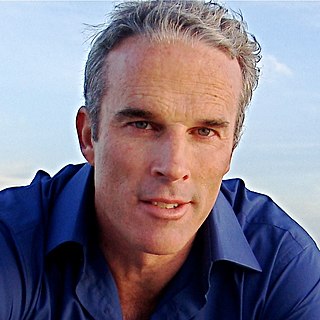A Quote by Roger Bannister
It is the brain, not the heart or lungs, that is the critical organ.
Related Quotes
On my license, it says I'm an organ donor, but the truth is I'd consider being an organ martyr. I'm sure I'm worth a lot more dead than alive - the sum of the parts equal more than the whole. I wonder who might wind up walking around with my liver, my lungs, even my eyeballs. I wonder what poor asshole would get stuck with whatever it is in me that passes for a heart.
There is one brain organ that is optimised for understanding and articulating logical processes and that is the outer layer of the brain, called the cerebral cortex. Unlike the rest of the brain, this relatively recent evolutionary development is rather flat, only about 0.32 cm (0.12 in) thick and includes a mere 6 million neurons. This elaborately folded organ provides us with what little competence we do possess for understanding what we do and who we do it.
One can truly say that the irresistible progress of natural science since the time of Galileo has made its first halt before the study of the higher parts of the brain, the organ of the most complicated relations of the animal to the external world. And it seems, and not without reason, that now is the really critical moment for natural science; for the brain, in its highest complexity-the human brain-which created and creates natural science, itself becomes the object of this science.
Heart lesson #3: post-heartbreak survival. The heart is resilient, I mean literally. When a body is burned, the heart is the last organ to oxidize. While the rest of the body can catch flame like a polyester sheet on campfire, it takes hours to burn the heart to ash. My dear sister, a near-perfect organ! Solid, inflammable.
In the field of consciousness research-and also in physics and astronomy-we are breaking past the cause-and-effect, mechanistic way of interpreting things. In the biological sciences, there is a vitalism coming in that goes much further toward positing a common universal consciousness of which our brain is simply an organ. Consciousness does not come from the brain. The brain is an organ of consciousness. It focuses consciousness and pulls it in and directs it through a time and space field. But the antecedent of that is the universal consciousness of which we are all just a part.
[The heart is] really a fascinating organ. It's about the only organ in the body that you can really witness its function. Doing things. And so on. Some of the other organs you can witness, like the intestines, will have this sort of peristaltic motion. But nothing that can compare with the activity of the human heart.
The brain is the most complicated organ in the universe. We have learned a lot about other human organs. We know how the heart pumps and how the kidney does what it does. To a certain degree, we have read the letters of the human genome. But the brain has 100 billion neurons. Each one of those has about 10,000 connections.






































